
Browse our fun-packed, helpful plant-based articles, and delve deeper into this healthy, sustainable lifestyle!


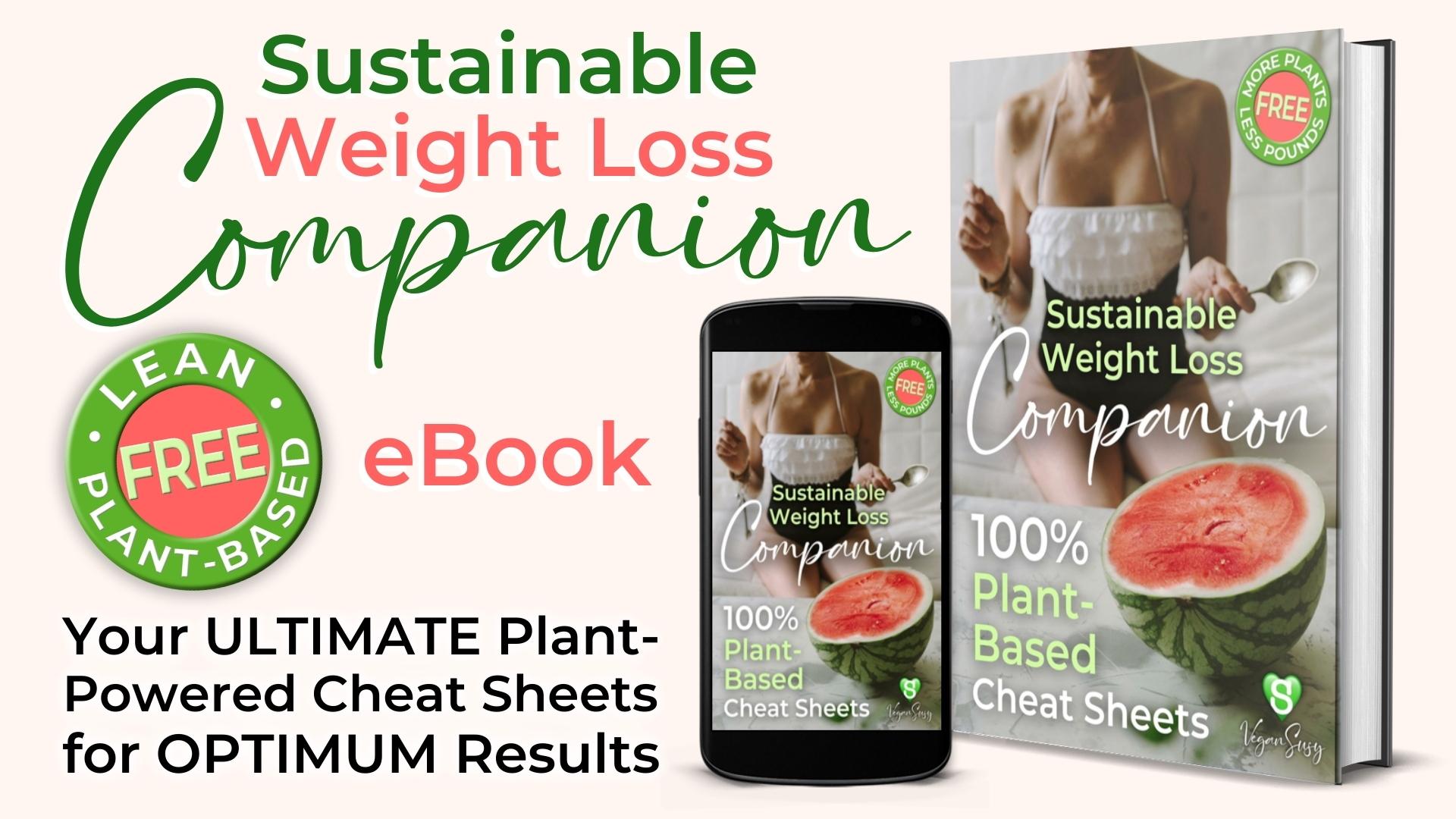
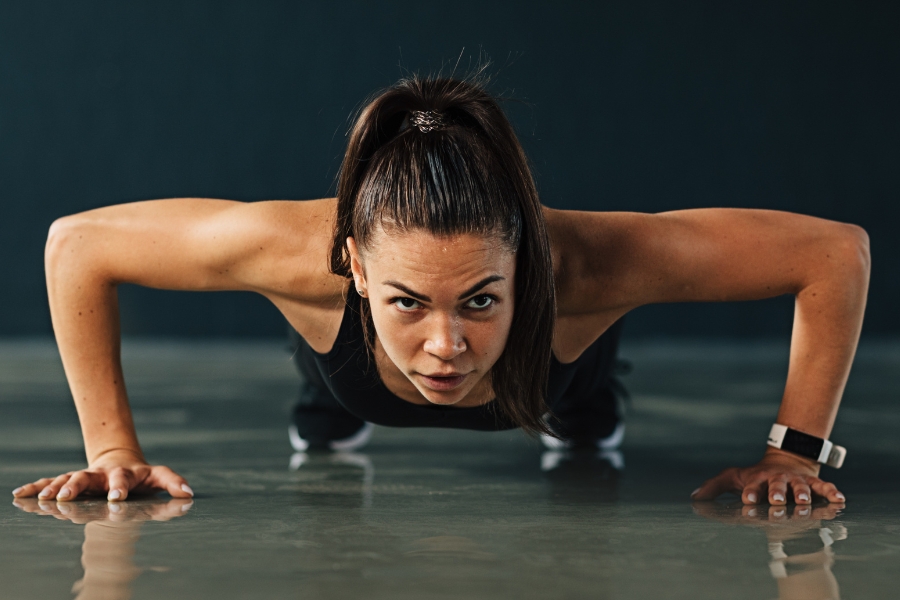
The Impact of Veganism on Exercise Performance and Recovery
Strength Training For Fat Loss For Women
Author: Plant-Based Susy
There is a lot of false information and stereotypes about veganism. People against this lifestyle often feel that way because this false narrative has surrounded them for so long. If you're interested in veganism or are new to this lifestyle, you may be hesitant to start because of these beliefs.
The thing is, veganism is perfectly healthy when done correctly. A plant-based diet can also improve athletic performance. Plant-based diets are excellent sources of carbohydrates, vitamins, minerals, and antioxidants while being low in fat. They are a great source of all the macro-nutrients and micro-nutrients you need to achieve your health and fitness goals.
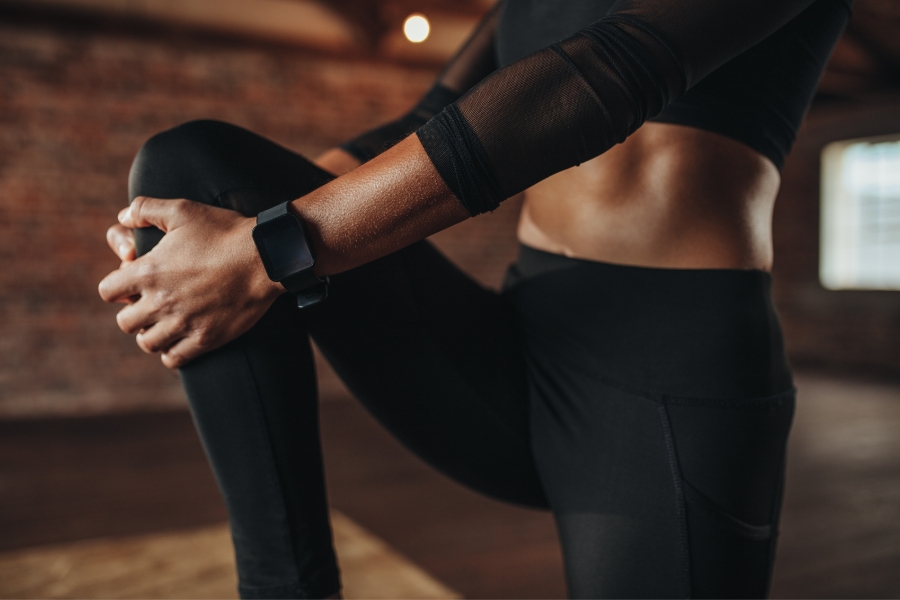
Table of Contents:
Let's start by breaking down the false information surrounding veganism
One of the most common fears surrounding veganism is that it's challenging to get enough of the nutrients your body needs to thrive. Plant-based eaters aren't malnourished and come out on top in many studies regarding nutritional value and quality of life.
According to the Physicians Committee, "a plant-based diet provides all of the nutrients your body needs for training and competition, including sufficient carbohydrates to fuel workouts, sufficient protein to build muscle, and sufficient micronutrients to support recovery."
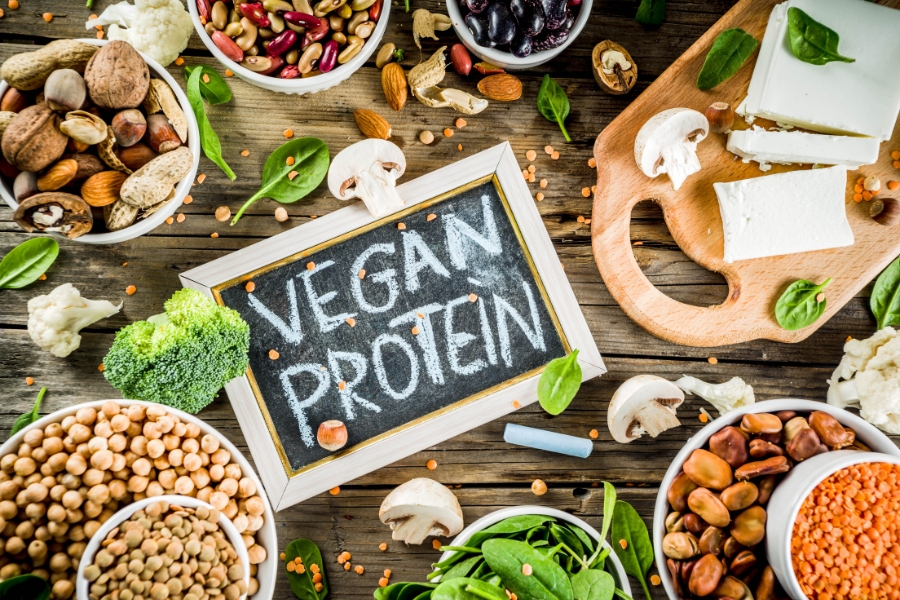
Do vegans get enough protein?
Protein is an important nutrient for toning up , and it tends to be the biggest one people question when it comes to vegans' health. This nutrient helps to build and maintain muscles, strong bones, cartilage, and more. It's also an essential part of digestion and oxygenation.
The amount of protein needed varies from person to person. Factors that determine how much protein you should consume are your body goals, activity level, and weight. According to the British Heart Foundation, most adults need around 0.75g of protein per kilo of body weight. That comes to an average of 45g for women and 55g for men.
Protein sources for vegans include tofu, tempeh, microgreens, lentils, beans, edamame, oats, seeds, nuts, and more. Eating a range of plant proteins daily will ensure you get all the essential amino acids your body needs. Getting enough protein is easier than it's made out to be. Fill your plate with nutritionally dense plant-based foods, and you'll be fine!
While protein is an important nutrient, people focus too much on it. Yes, you need to consume plenty of protein to meet your goals, but other nutrients are just as important for overall health and need attention, too. Many people eat more than the recommended amount of protein, which is typically fine when it comes from plant-based sources, but those who rely heavily on meat are at an increased risk of heart disease, cancer, and diabetes.
Do vegans get all of the other nutrients they need?
Protein is often discussed in relation to health, body-building, working out, and generally any athletic activity. However, science shows that other nutrients are just as important, if not more so. Carbohydrates are often considered negative, but they're vital for the body. Carbs are the body's primary source of energy. The body breaks them down into glucose, which fuels cells, tissues, and organs. Carbs help the body energise your workout. You need carbs if you're working out regularly and at high intensities.
Plant-based diets are an excellent source of carbs. Refined carbs can harm the body when eaten often and in excess, but whole carbs give you a steady stream of energy. Carbs that are consumed in their natural form are the ones you want to reach for. Whole-food carbohydrate sources include sweet potatoes, quinoa, bananas, apples, brown rice, corn, raisins, and more.
Everyone, especially athletes, needs Vitamin B12, which helps with red blood cell development and nerve and brain health. Vegans can get this nutrient through fortified foods like nutritional yeast, cereals, and plant-based milk. Iron is another essential nutrient for athletes, as it helps the body transport oxygen. Sources include legumes, nuts, seeds, and whole grains.
Calcium is important for bone health and can be found in tofu, beans, kale, okra, chia seeds, almonds, and more. Vitamin D is also important for bones and muscles and can be found in mushrooms, fortified soy milk, fortified cereals, and, of course, supplements. Iodine helps regulate the metabolism and can be found in iodised salt, kale, seaweed, and green beans.
Do vegans have low energy?
Vegans aren't weaker or more tired than people who consume other foods. Filling your plate with a balanced plant-based diet containing all the nutrients your body needs will not tire you. When first transitioning to a vegan diet, some people report feeling tired, but in most cases, this goes away once the body adjusts, which happens quickly.
Like any other diet, some people choose not to eat a range of foods on a vegan diet, which is the only way they find low energy levels. As long as you get enough vitamin B12, iodine, and other beneficial nutrients, your energy levels will be just fine and often better than they'd be if you were consuming tons of greasy meat and dairy products.
Many people who switch to a vegan diet report feeling more energised. A well-balanced plant-based diet tends to be the healthiest lifestyle as it cuts out many processed foods and sugary foods while adding in tons of fresh, nutritionally dense foods.
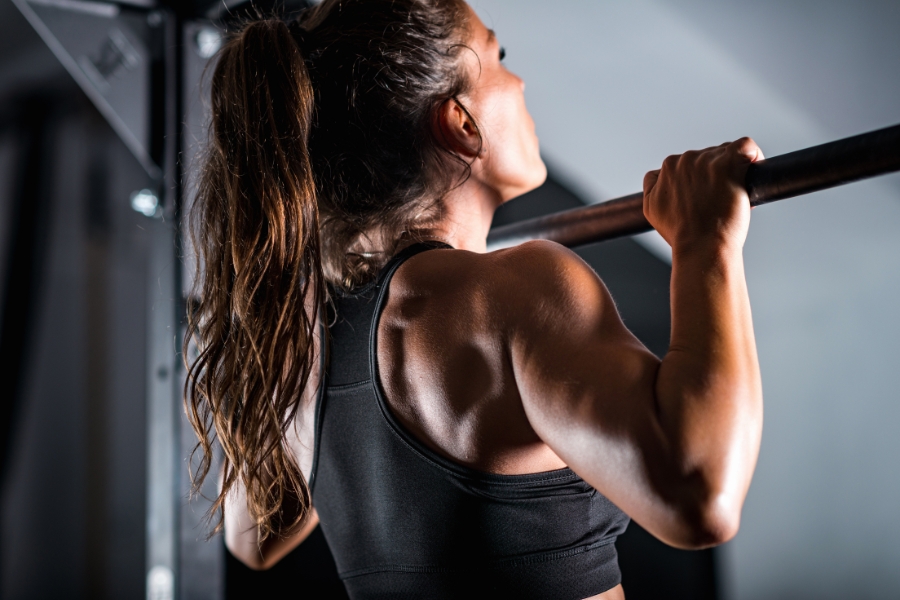
Now, let's explore some of veganism's many benefits for athletes, including exercise performance and recovery
The impacts of a vegan diet on exercise and overall health are vast. Most people who switch to this lifestyle see the benefits reasonably quickly when eating various plant-based foods. Let's take a look at some of these many benefits.
Veganism supports better health
The vegan diet carries many health benefits. Research finds that it can help with weight loss, reduce heart disease risk, lower cholesterol levels, lower the chance of many cancers, and manage diabetes. Vegan diets are more likely to contain less fat, more fibre, and plenty of nutrients.
To reap these healthy benefits and avoid deficiency, it's important to thoroughly plan your plant-based meals. A balanced vegan diet includes a variety of whole foods, like nuts, seeds, legumes, whole grains, fruits, and vegetables. Focus on getting plenty of whole grains, proteins, healthy fats, vegetables, and fruit.
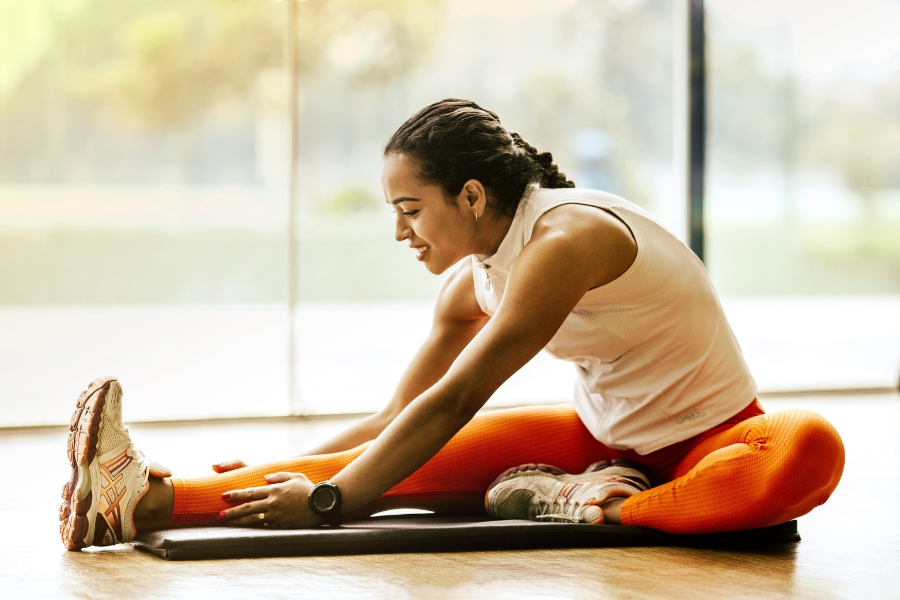
Veganism supports a leaner body mass
Plant-based diets have been linked to lower body mass than other diets. Studies have found that vegetarian and vegan diets even protect against obesity. Plant-based diets reduce body fat thanks to a range of factors, including the reduced caloric density of the diet and a lasting feeling of fullness. When people choose plant-based foods over animal-based foods, they tend to get more fibre and less fat.
A low-fat, plant-based diet has also been linked to increased metabolism. This way of eating increases the thermodynamic effect of food. Studies have found that those who eat a plant-based diet benefit from burning more calories than others and a higher weight loss.
A vegan diet can aid in recovery
Rest and recovery are a vital part of the routine of any physically active person. This is what gives your body a chance to repair itself between workouts. Recovery is what gives your muscles a chance to rebuild and get stronger. Getting proper sleep and taking days off is a big part of this, but diet plays a role, too.
Eating the right clean foods after a workout is essential to taking care of your body. Both protein and carbs help promote muscle growth and maintenance. Plant-based foods are high in antioxidants, which many believe to reduce muscle soreness and aid in recovery. A fast recovery means you'll be able to get back to training faster, too.
Some plant-based foods play a more significant role in recovery than others. Sweet potatoes are high in healthy carbohydrates and contain beneficial vitamins and minerals like copper, vitamin C, and antioxidants. They can replenish glycogen and provide energy for future workouts.
Studies have found that blueberries aid in muscle recovery after workouts. Soy products like tofu carry the body's nine essential amino acids for repair, immunity, and growth. Tofu also contains calcium and iron, which are helpful for muscle growth and bone health.
Inflammation is part of the body's natural healing process after physical activity. Some plant-based foods, including legumes, spinach, kale, collards, nuts, and whole grains, are especially good at reducing inflammation. Preparing a meal that combines a few of these beneficial foods is one great way to help your body recover.
What’s the deal with working out on a vegan diet?
As you already know, there are many stereotypes and misinformation surrounding veganism, and the connection this lifestyle has to the body is one of them. Many people falsely believe you can't reach optimal health or challenging fitness goals on a vegan diet, but that's far from true.
Working out as a vegan can be the same as working out while following a different diet plan. Veganism has been proven to benefit performance in many cases. These diets help lower blood pressure and even improve blood flow. They can increase endurance, lower inflammation, and do all sorts of positive things your body needs to meet your goals.
Studies find that plant-based diets play a significant role in cardiovascular health. This is a big part of finding success with endurance training. Working out on a vegan diet can be very beneficial in improving blood pressure, blood glucose control, weight, and plasma lipid concentrations.
Strength training and veganism go well together; there's no reason to choose one over the other. Research has yet to find plant-based diets inferior to other muscle-building diets. In some studies, plant-based routes do much better when it comes to exercising and meeting your goals. These diets contain a range of macro-nutrients and micro-nutrients that your body needs to build muscle and exercise.
Many famous athletes follow a vegan lifestyle, which shows the level of success people can have after making this change. FIFA Women's World Cup champion and Olympic gold medalist Alex Morgan, Olympic gold medalist Hannah Teter, tennis star Venus Williams, and Arsenal defender Héctor Bellerín are just a few of the many plant-based athletes out there.
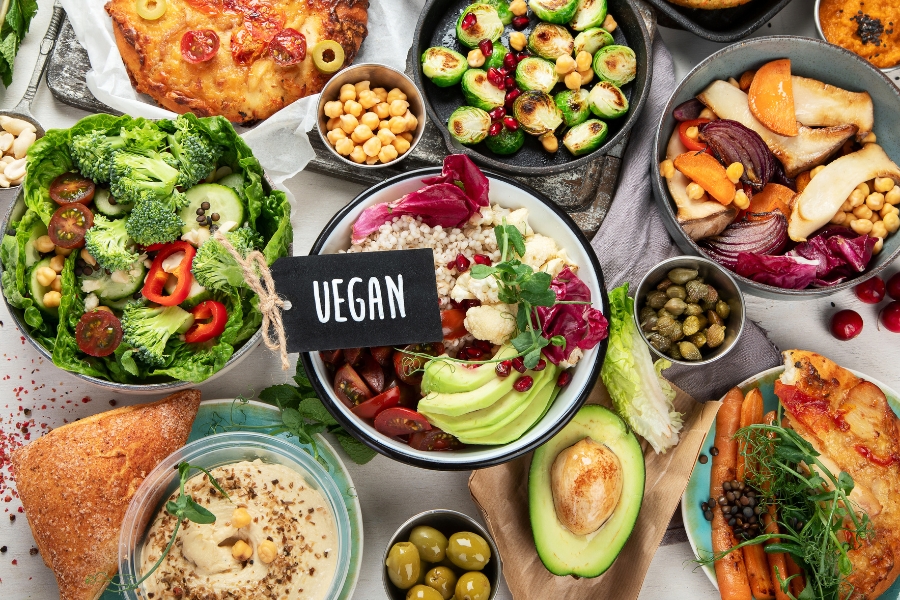
Here’s the bottom line
If you've ever wondered does a vegan diet promote exercise, the answer is yes. While diets high in meat and dairy can lead to more inflammation, plant-based diets tend to have the opposite effect. The same is true for the amount of antioxidants found in these diets. Plant-based eaters get more antioxidants through their meals, which helps them recover. A proper plant-based diet can improve blood flow and reduce body fat.
Getting plenty of plant-based protein is essential if you're hoping to build muscle. The options for this are vast, from chickpeas to tempeh. It's helpful to figure out the amount of protein you need to meet your suggested daily intake and help you reach your goals. With some planning, a vegan diet can help you feel your best and finally earn the body of your dreams.
As with any other diet, it's important to avoid nutrient deficiencies. Fill your plate with a variety of plant-based foods. You'll want to consume plenty of whole grains, proteins, healthy fats, vegetables, and fruit. Consuming a range of whole foods is the key to avoiding issues and getting everything your body needs to thrive.
Frequently Asked Questions
Does a vegan diet promote exercise?
Eating a vegan diet will not negatively affect your athletic performance. Many people report an enhancement in fitness and recovery after switching to a vegan diet, which the research backs up. As long as you get enough nutrients by eating a balanced diet, you should have a positive experience making the switch.
Before working out, reaching for foods higher in carbs, like quinoa, sweet potatoes, legumes, and oatmeal, is good. These foods give you the energy you need to exercise. To recover, foods that check the boxes of carbs and proteins are a good choice. Many athletes grab a protein shake after their workouts to help with recovery. Thankfully, you'll find tons of delicious vegan options, from powders to premixed bottles, in the store.
Can you build muscle on a vegan diet?
There is a false belief that gaining muscle on a vegan diet is hard, but that's true. You can get all the protein and essential nutrients you need to gain muscle on a vegan diet. Getting protein from a range of sources regardless of dietary lifestyle has been proven acceptable for achieving and maintaining muscles.
Some people choose to supplement protein; thankfully, we live in a time with tons of delicious vegan protein bars, protein powder, and other options. The impact of a vegan diet on exercise and muscle gain is positive.
Is it more challenging to gain muscle as a vegan?
Working out on a vegan diet is a perfectly healthy route and just as effective as the alternative. Gaining lean muscle on a vegan diet takes work, just as on an animal-based diet. You will still have to work out and make an effort regularly to see the results.
Vegan proteins that can help include quinoa, hemp, chia seeds, buckwheat, pistachios, tofu, tempeh, plant-based protein powders, and plant-based protein bars. It's easy to build a well-balanced meal with delicious plant-based protein.
How does hydration affect exercise performance and recovery?
Women need 11.5 cups (2.7 litres) of water daily, and men need 15.5 cups (3.7 litres). Everyone needs water, but this is especially true for athletes. The human body is more than half water; when people work out, they lose large amounts through sweating and breathing. Dehydration isn’t fun for anyone and can be super dangerous, so you must be sure you drink enough throughout the day.
On hot days or days when you’re working out, increasing your water intake is vital. Water is not just a source of endurance, but it also plays a crucial role in muscle function, ensuring your body is at its peak during workouts. Additionally, having a glass of water before and after meals not only satisfies your body’s needs but also aids in digestion, making it an essential part of your daily routine.
Does a vegan diet reduce body fat?
There are quite a few reasons a vegan diet has been found to reduce body fat. Plant-based diets tend to be high in fibre, which helps reduce body fat. Vegan diets are also associated with a lower calorie intake due to less fat. Choosing plant-based proteins over animal-based options can help reduce body fat, too.
Studies have found people who stick to a vegan diet lose more weight quickly than those who continue to consume meat and dairy. However, this won’t be the case if you tend to drink a lot of liquid calories like alcohol and soda and enjoy junk food regularly. It’s important to stick to nutritionally dense whole foods whenever possible.
According to the Physicians Committee for Responsible Medicine, “reduced body fat is associated with increased aerobic capacity—or the ability to use oxygen to fuel exercise. Studies show that athletes on a plant-based diet increase their VO2 max—the maximum amount of oxygen they can use during intense exercise—leading to better endurance.”

💚 "Happy Plant-Based Eating & Exercising!" 💚

Plant-Based Susy
Plant-Based Nutrition Professional & Weight Loss Coach
Empower Yourself: Embark on a Delicious Fat Loss Adventure

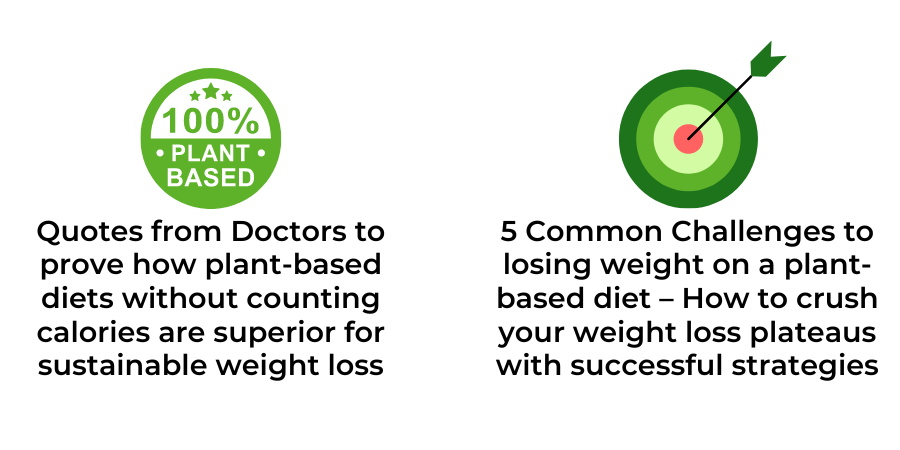
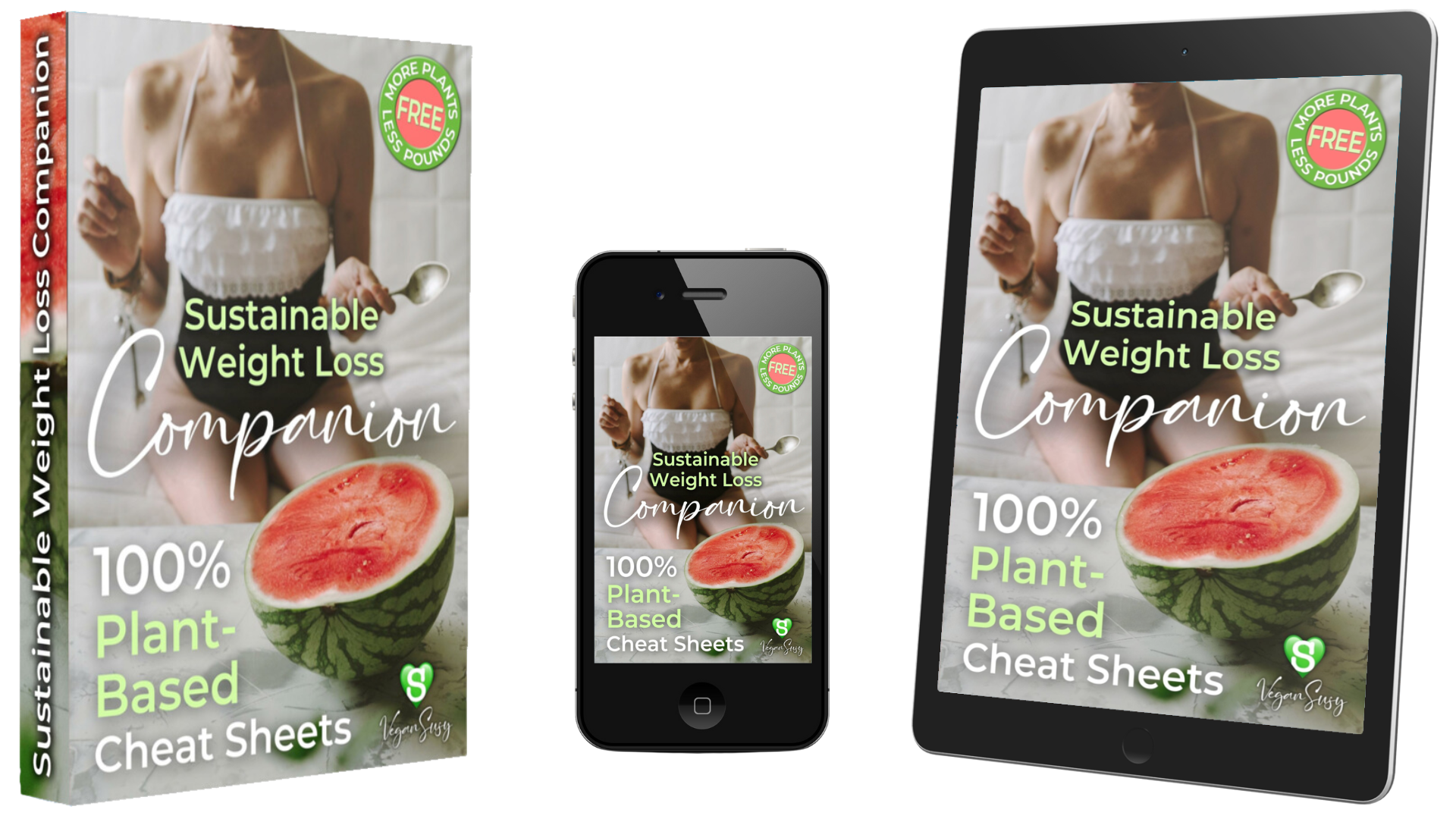
🍉 Get Ready to Jump Start Your Fitness Goals AND DISCOVER A HEALTHIER YOU!
🍉 Let's Make Your Fat Loss & Optimum Health Journey a Delicious Success Story!
🍉 Get The FREE Sustainable Weight Loss Companion eBook and CHEAT SHEETS!
More Free Resources
Unlock Your Transformation Today!
© 2025 VeganSusy Ltd. All Rights Reserved

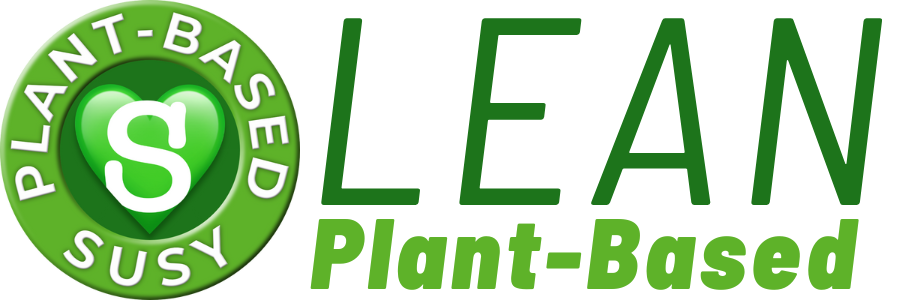
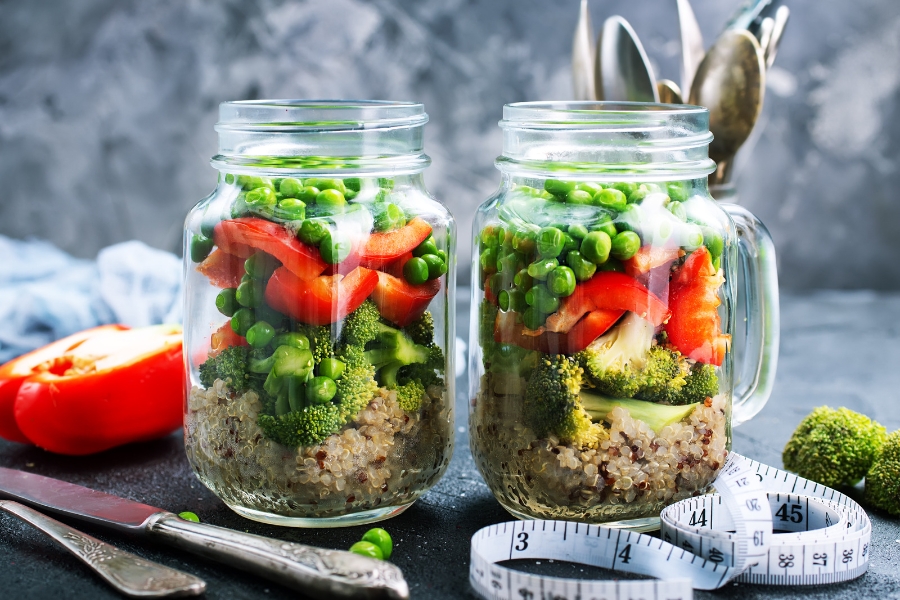
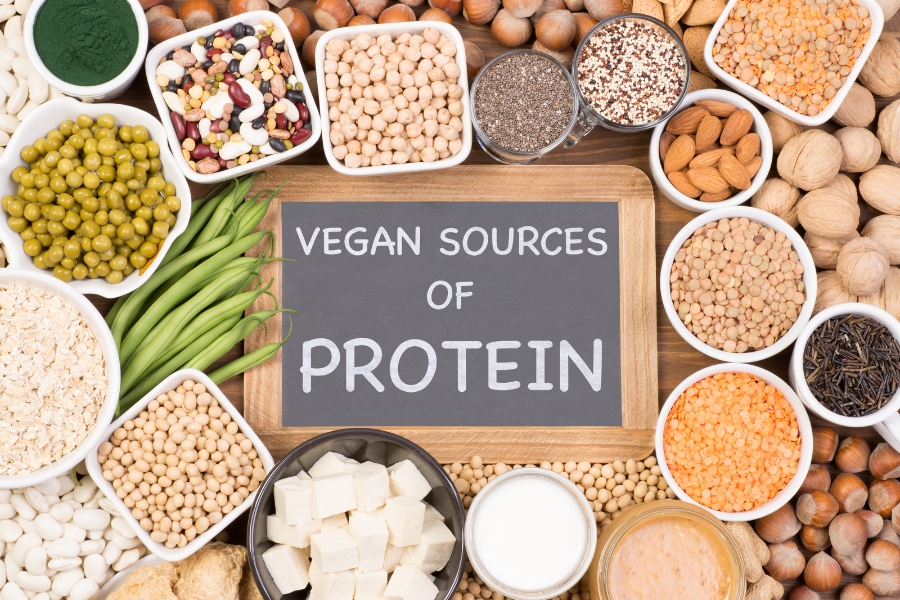

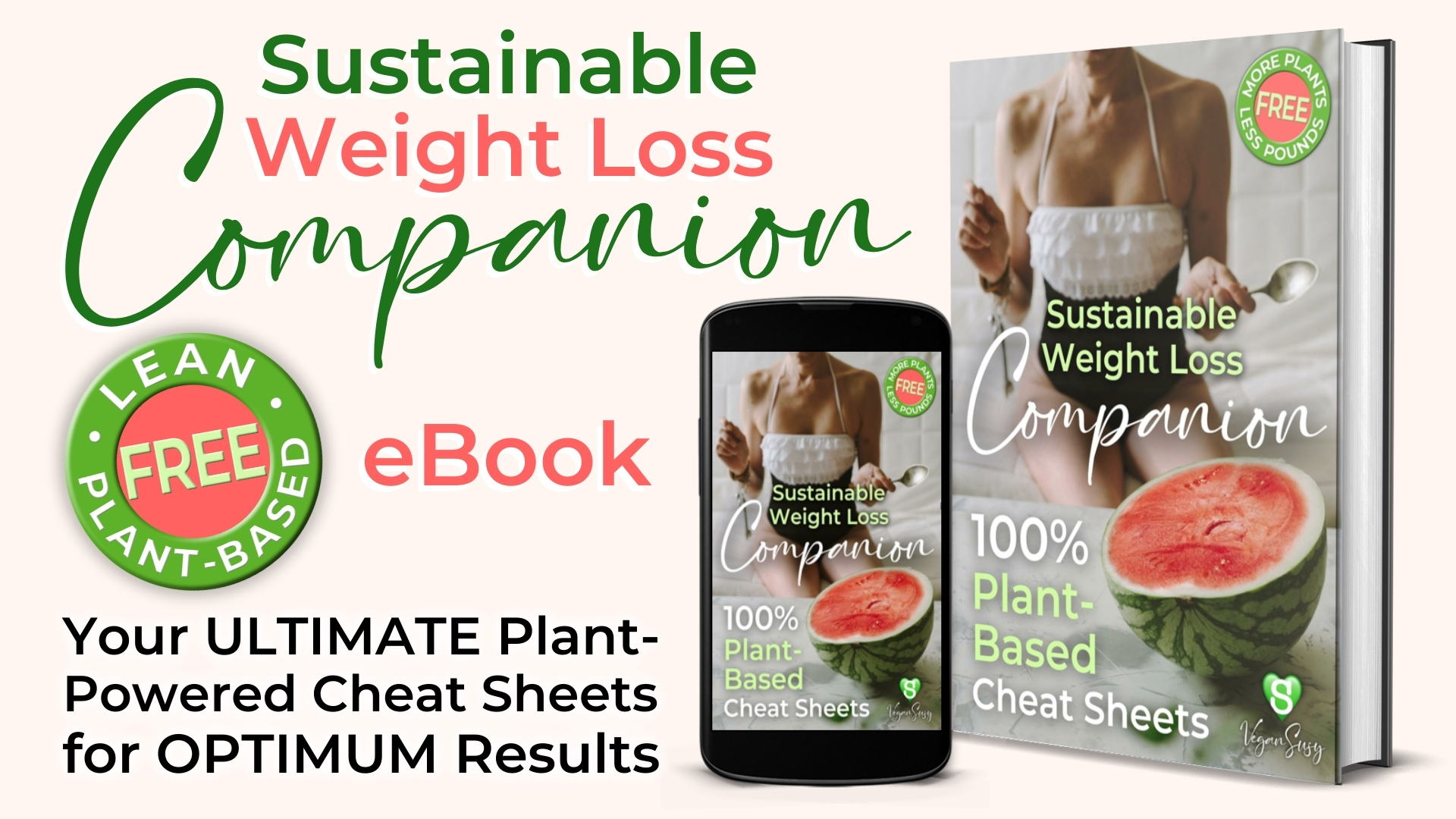





Facebook
Instagram
Youtube
Pinterest